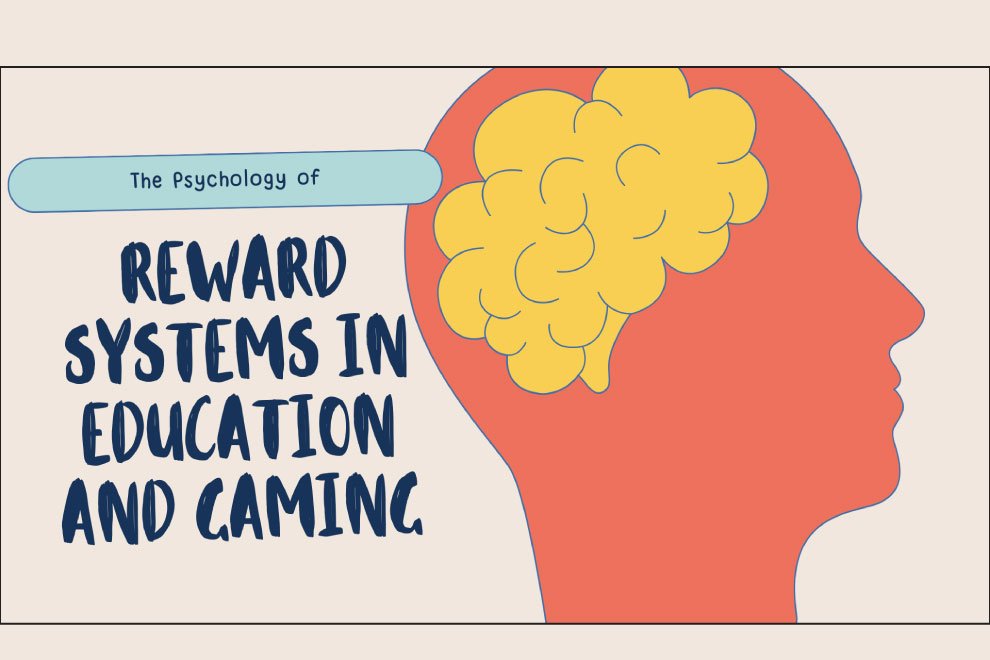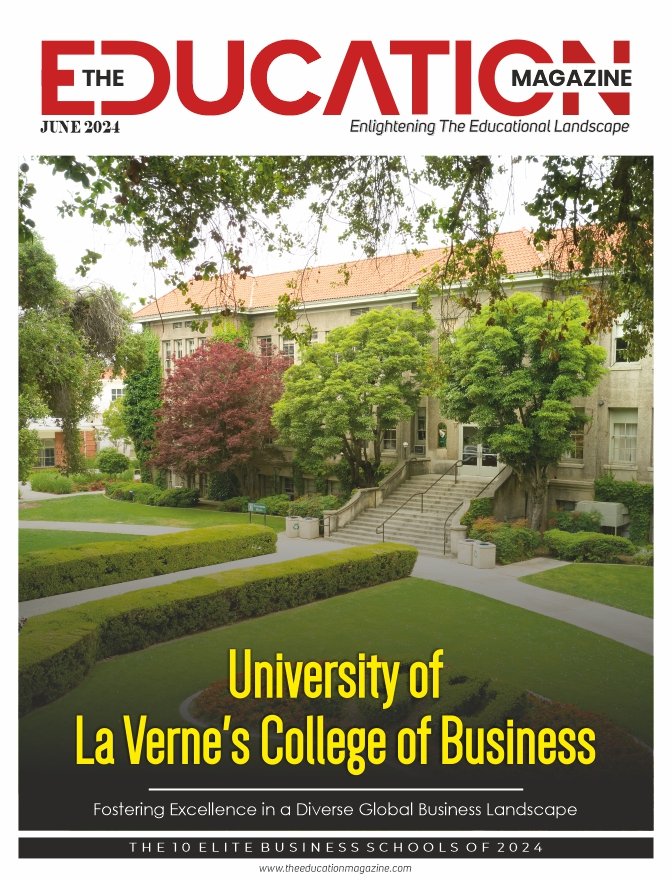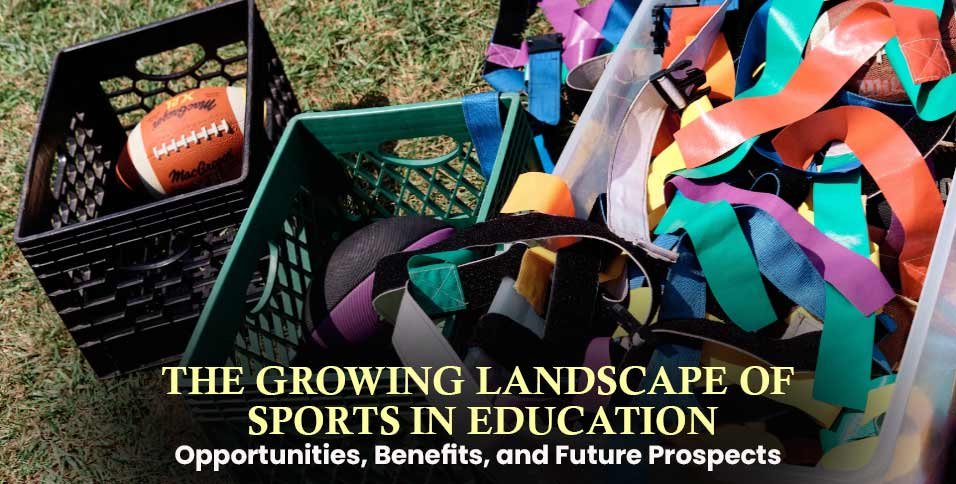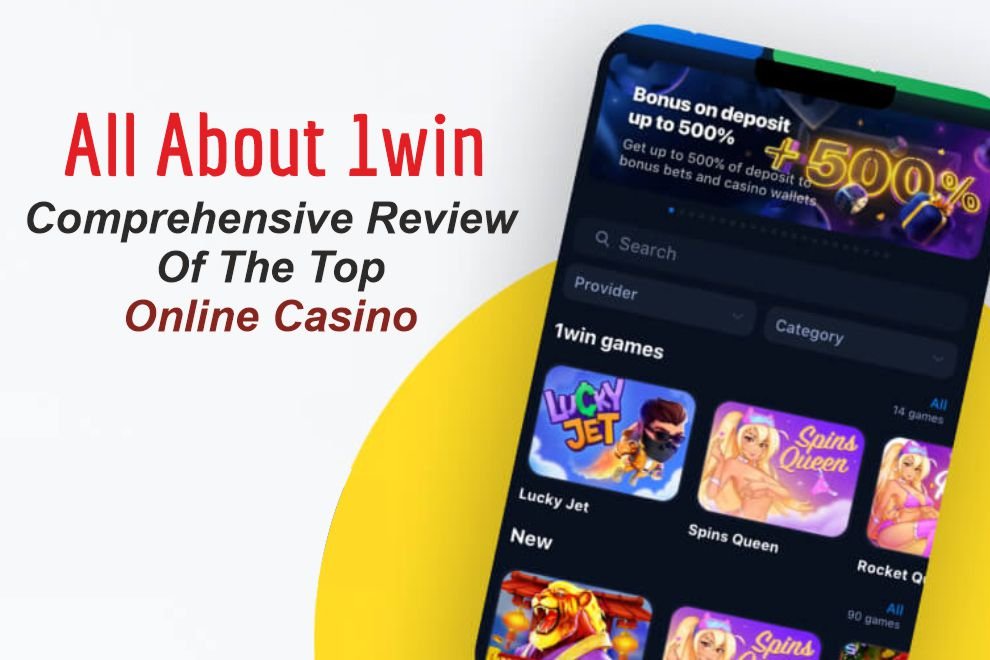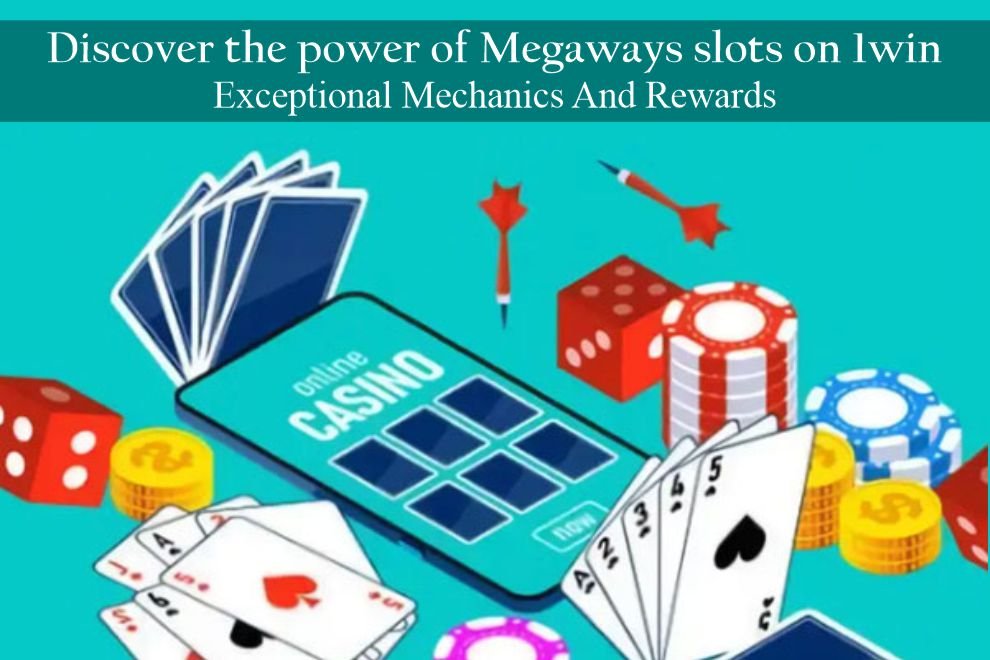Rewarding students for their successes and achievements is a common practice used globally. This strategy aims to increase learners’ engagement in the process and encourage them to work more to get more benefits. The concept of gamification is also gaining popularity among multiple institutions, as this system increases the thrill of achieving the desired goals. How do rewards trigger human psychology, and how is it connected to the gaming industry? Let’s explore everything together and learn more about innovative educational concepts.
Psychological Triggers Behind People’s Behaviours in Reward-Based Education
Reward-based learning is not the newest concept, as it has been used for decades. Its roots went to the 1930s when Skinner implemented the term “operant conditioning”. This psychological theory implies that human behaviours are conditioned by the consequences they result in. Therefore, rewards in education are the motivating factor for learners to show progress and achieSkinner implements the term “operant conditioning” with significant goals.
A similar approach works in gaming: players get additional incentives, which triggers their desire to immerse in the game even more. Random loot boxes, treasure chests, casino promotions in the form of first deposit boost bonuses or free spins – all these lead to a dopamine release, delighting players. Like educational rewards, gaming benefits can also be given for particular achievements. This factor encourages users to continue playing and get more bonuses during the following levels, increasing excitement and adrenaline.
Negative Aspects of Rewards in Learning
At first glance, there’s nothing bad about rewarding students for their achievements and success. However, learners can become addicted to additional benefits and sensitive to punishment. At the same time, the absence of rewards can bring a lack of motivation and unwillingness to continue education without additional stimuli.
Another dark side implies the learners’ fear of underperforming and missing the chance to receive rewards. While some are simply afraid of losing their benefits, others may feel ashamed, anxious, or even depressed. It can lead to additional stress and even unwillingness to continue education. Therefore, tutors should be attentive to their students and implement a personalized approach to assess the needs and conditions of every learner.
Gamification: The Latest Educational Concept
This method implies implementing game elements in the learning process. Apparently, such a system seems exciting only for kids, but this is far from the case. Game-based learning is utilized by different institutions and can even be implemented in the workplace. Have a look at some aspects that will shed light on this theory and provide you with a better understanding of all its benefits:
- Point systems imply rewarding students’ achievements and encourage them to work harder to receive higher scores.
- Challenges are the special tasks learners have to perform; they don’t imply any punishment if the result is negative, but this concept still inspires individuals to do their best.
- Leaderboards create competition in a group, which motivates students to show excellent results and be better than their teammates.
- Immediate feedback from a tutor helps learners assess their progress and work on weak points to improve the results in the future.
These features make gamification in demand in the educational sphere. Teachers also implement the element of surprise when learners don’t know which bonus they will receive eventually. Such an approach provokes a dopamine release; the understanding that their efforts will be rewarded encourages students to perform better.
Again, this concept is widely accepted in the gaming industry, where developers add varied incentives to increase the thrill and desire to continue playing. Multiple platforms, both educational apps and gaming sites, have already added a reward system, which boosts user interest.
Risks of Educational Gamification: Challenges to Consider
The overload of in-game elements is the first factor that can negatively affect the educational process. Some learners are only encouraged by winning the competition and receiving additional benefits. Therefore, it can lead to worse perception and memorizing the necessary materials. Moreover, not all tutors are objective, which can raise issues concerning the fairness of their assessment.
Overreliance on gamification in education can bring the opposite result, discouraging students. It’s entirely different in gaming, as players are always happy to receive additional incentives. However, this can also bring negative consequences, as users become too engaged in the game, forgetting about real life. All in all, gamification is a great motivational tool, but it needs the right approach to be efficient.
Final Insight
Do you still have any doubts that education and gaming are strongly interconnected? Similar reward systems are implemented in both industries, and their essence is pretty much the same. Additional incentives motivate individuals to be more engaged in the process and show the best possible results. On the other hand, this concept implies numerous disadvantages that teachers and institutions must consider.Personalized experiences are becoming more widespread, as in this case, every learner receives what they need and tracks their own progress to perform better in the future. Understanding the psychology of reward-based learning and finding the correct approach is critical since it directly influences a person’s achievements.
